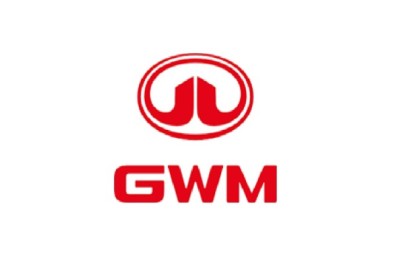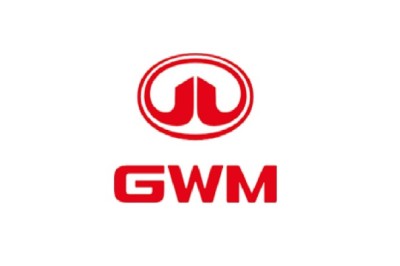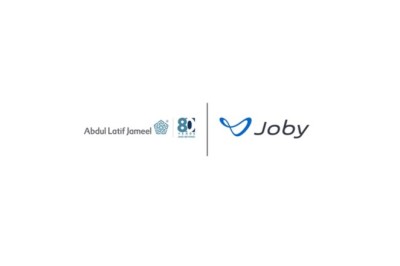
Growing environmental awareness and water stress drives industries to adopt sustainable and energy-efficient solutions, notes Frost & Sullivan’s Environment and Industrial Team
(AETOSWire): The global industrial water market is expected to grow at a staggeringly high rate of 7.6% in 2018. Sustainability and water security will take the spotlight, as the world aligns towards protection of vulnerable waters and minimises impact of water-related hazards. In the event that status quo is maintained, two-thirds of the world’s population could be living in water stressed conditions by 2025!
In this context, Africa will be one of the most prominent stakeholders for the emerging water industry, considering that the continent has the largest number of water-scarce countries in the world. A majority of the continent relies on rainfall and surface water for water supply, which is not going to be sustainable any longer. Many of the existing fresh water sources have been polluted to the extent that access to clean water stands at around 50% only. Water scarcity is a rapidly growing problem for Africa, compounded by an abysmally low turnaround potential, seeing how water infrastructure related projects account for only 1.3% of the total infrastructure investment.
“One of the key deterrents to infrastructure development is the associated costs for ramp up. This is where digitalisation can come up as a pertinent solution for the region. Digitalisation offers benefits of higher efficiency and a streamlined CapEx outflow for governments, by capitalising on analytics to increase performance of assets, and to achieve a phased rollout that would be based on risk / impact priorities. This would imply the emergence of new business models, necessitating a change in how existing vendors and stakeholders look at the industry” notes Abhay Bhargava, Business Head, Industrial Practice, Frost & Sullivan.
Click here for more information on the Future of the Water Market – Spotlight on the African Market.
This imbalance of available freshwater creates a need for alternate sources such as Seawater Desalination and Sustainable/Circular Options. Of Africa’s 54 countries, 39 can take advantage of such solutions, enjoying a coastline that makes desalination a viable option. Currently, desalination in Africa is concentrated in Algeria Libya and Egypt with ±74% of total capacity and plant numbers are centred in these 3 countries. South Africa is the fastest gainer for desalination in Africa - 10 desalination plants are expected to be online by 2019, to mitigate the on-going water crisis.
Some strategic imperatives for success and growth in the water industry:
• Increasing appetite and urgency for efficiency improvement targeted at smart enabled solutions backed by an innovative business model
• Digital transformation of a water utility and water services in agriculture crucial to enhance resilience and asset value for better financing
• Customer focused digital strategy needs to be aimed at both understanding their needs and to enhance interaction backed incentives
• Digital skills gap to be addressed with specific and customised training solutions targeting the various roles and functions within a utility
• Corporate vision and strategy towards Water as a Service will be key to align with the future of multi-utility services for households
“Innovative business models and financing can transform growth prospects in this market, opening up opportunities for a larger investor base. These developments will also contribute significantly to the region at large, by resulting in financially attractive solutions and providing increased employment opportunities”, notes Bhargava. “For example, with the growing trend of Pay-per-use Water Dispensers, community based water supply models such as eWaterPay, Water ATM’s, and iDrop Water are growing in urban areas. Irrigation as a Service (IaaS) has a strong potential with small farmers accounting for 70-80% of all the farmers in Tanzania, Malawi, and Zambia. It is imperative for service providers / innovators to develop business plans that are thorough & well structured - a key requisite to attract investors and to drive adoption in the region.”
About Frost & Sullivan
For over five decades, Frost & Sullivan has become world-renowned for its role in helping investors, corporate leaders and governments navigate economic changes and identify disruptive technologies, Mega Trends, new business models and companies to action, resulting in a continuous flow of growth opportunities to drive future success. Contact us: Start the discussion.
Twitter: @Frost_Sullivan & @Frost_MENASA
Facebook: http://www.facebook.com/frostandsullivan
LinkedIn: https://www.linkedin.com/showcase/frost-&-sullivan-%E2%80%93-middle-east-north-africa-south-asia/
* Source: AETOSWire
Contacts:
Frost & Sullivan
Anita Chandhoke, Corporate Communications – MEA, +918067028020
achandhoke@frost.com | http://ww2.frost.com



















Facebook Conversations
Disqus Conversations